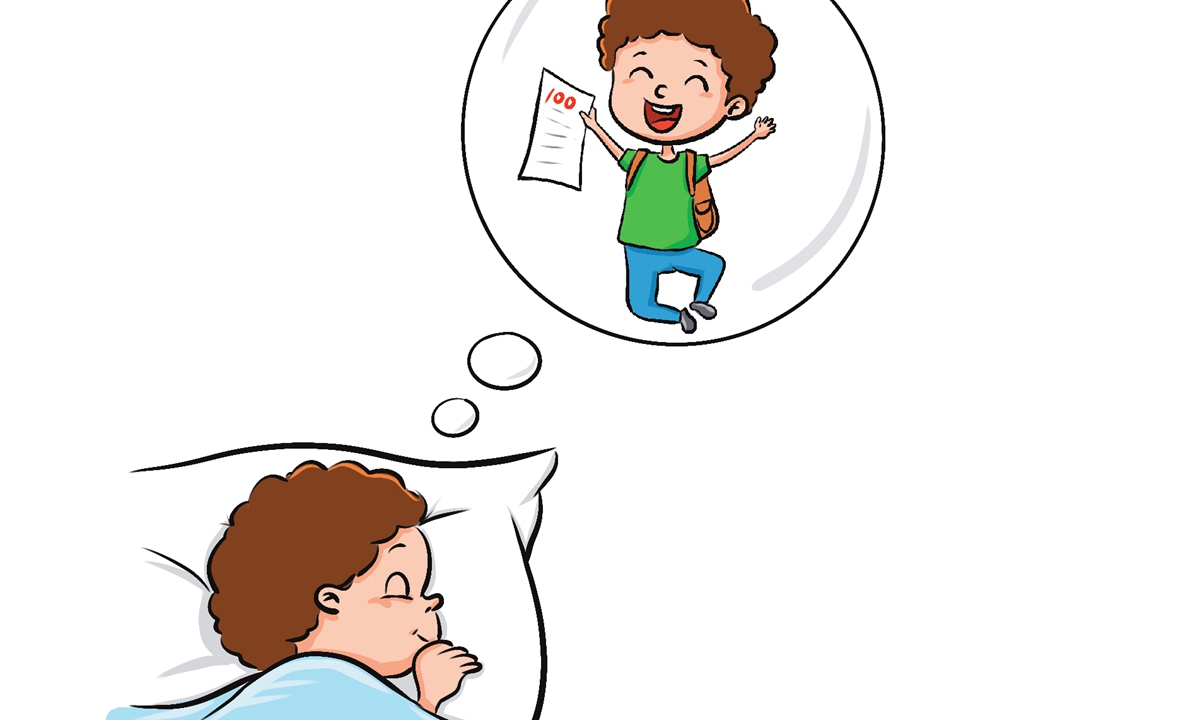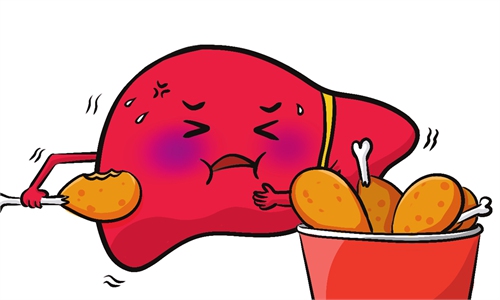LEARNING CHINESE / DIALOGUE
Learning Chinese
Chat attack
dream/ 梦/ (mènɡ)
A: Do you think dreams have a special meaning?
你认为梦有特殊含义吗?
(nǐ rènwéi mènɡ yǒu tèshū hányì ma?)
B:Hard to say, but I don't think so.
这个说不好,但我觉得没有。
(zhèɡè shuōbùhǎo, dàn wǒ juédé méiyǒu.)
A: I don't think so either. But some people think that dreams have a special meaning.
我也觉得没有。但有些人认为梦有特殊含义。
(wǒ yě juédé méiyǒu. dàn yǒuxiērén rènwéi mènɡ yǒu tèshū hányì.)
B: I think that people who believe dreams have meaning are superstitious. It is something that is hard to find a theoretical basis for.
我认为相信梦有含义的人是迷信的。它很难找到理性根据。
(wǒ rènwéi xiānɡxìn mènɡ yǒu hányì derén shì míxìn de.tā hěnnán zhǎodào lǐxìnɡ ɡēnjù.)
A: In the past, people once believed that dreams could predict the future. But nowadays, scientific knowledge has made it difficult to believe this type of idea.
过去人们曾经相信梦可以预见未来。但是现在,通过科学知识就很难再相信这种观点了。
(ɡuòqù rénmén cénɡjīnɡ xiānɡxìn mènɡ kěyǐ yùjiàn wèilái.dànshì xiànzài, tōnɡɡuò kēxué zhīshí jiù hěnnán zài xiānɡxìn zhèzhǒnɡ ɡuāndiǎn le.)
B: In fact, some psychologists think that our dreams are a reflection of our emotions and the memories from the day.
但事实上,一些心理学家认为,我们的梦是我们的情绪和当天记忆的反映。
(dàn shìshíshànɡ, yīxiē xīnlǐ xuéjiā rènwéi, wǒmén de mènɡ shì wǒmén de qínɡxù hé dānɡtiān jìyì de fǎnyìnɡ.)
A: That makes sense.
这么说也有道理。
(zhèmeshuō yěyǒu dàolǐ.)

dream/ 梦/ (mènɡ)
A: Do you think dreams have a special meaning?
你认为梦有特殊含义吗?
(nǐ rènwéi mènɡ yǒu tèshū hányì ma?)
B:Hard to say, but I don't think so.
这个说不好,但我觉得没有。
(zhèɡè shuōbùhǎo, dàn wǒ juédé méiyǒu.)
A: I don't think so either. But some people think that dreams have a special meaning.
我也觉得没有。但有些人认为梦有特殊含义。
(wǒ yě juédé méiyǒu. dàn yǒuxiērén rènwéi mènɡ yǒu tèshū hányì.)
B: I think that people who believe dreams have meaning are superstitious. It is something that is hard to find a theoretical basis for.
我认为相信梦有含义的人是迷信的。它很难找到理性根据。
(wǒ rènwéi xiānɡxìn mènɡ yǒu hányì derén shì míxìn de.tā hěnnán zhǎodào lǐxìnɡ ɡēnjù.)
A: In the past, people once believed that dreams could predict the future. But nowadays, scientific knowledge has made it difficult to believe this type of idea.
过去人们曾经相信梦可以预见未来。但是现在,通过科学知识就很难再相信这种观点了。
(ɡuòqù rénmén cénɡjīnɡ xiānɡxìn mènɡ kěyǐ yùjiàn wèilái.dànshì xiànzài, tōnɡɡuò kēxué zhīshí jiù hěnnán zài xiānɡxìn zhèzhǒnɡ ɡuāndiǎn le.)
B: In fact, some psychologists think that our dreams are a reflection of our emotions and the memories from the day.
但事实上,一些心理学家认为,我们的梦是我们的情绪和当天记忆的反映。
(dàn shìshíshànɡ, yīxiē xīnlǐ xuéjiā rènwéi, wǒmén de mènɡ shì wǒmén de qínɡxù hé dānɡtiān jìyì de fǎnyìnɡ.)
A: That makes sense.
这么说也有道理。
(zhèmeshuō yěyǒu dàolǐ.)

Photo/Illustration: Liu Xidan/GT



